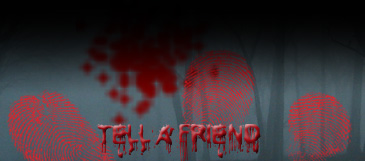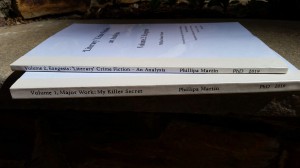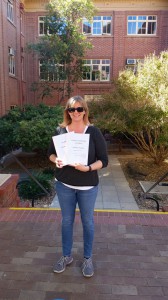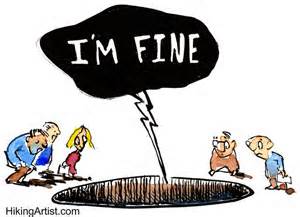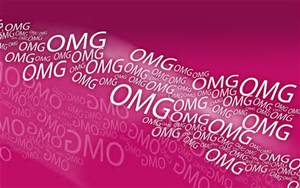 Now onto part two of my anatomy of a PhD series…also in retrospect! This one’s about the research proposal, but could equally be called ‘drowning in language’, ‘time for yet another research topic/focus change’ or more simply ‘OMG’.
Now onto part two of my anatomy of a PhD series…also in retrospect! This one’s about the research proposal, but could equally be called ‘drowning in language’, ‘time for yet another research topic/focus change’ or more simply ‘OMG’.
So, casting my mind back to November…the excitement. I was giddy with it. I got in! Three years to write a novel (a novella really, at around only 60,000 words) and a 20,000 word exegesis. Piece of cake! For a start, pre-kids I was on a book-a-year schedule, and those books ranged from 80,000 words to 125,000 words. My fear of the word count is not that it’s a lot of work…it’s writing a ‘novel’ in only 60,000 words. How am I going to contain it? But that’s for another blog.
My official start date was 1 February, and I have to confess, I did wonder exactly what I’d be doing in the first six months. I mean, I had six months to submit my research proposal and associated documents as part of the first key milestone, the Core Component of the Structured Program. The largest part of that is the research proposal, but I’d already written a slightly shorter version for my application so I’d have six months to expand and refine, right?
I launched into my research on method acting, thinking about how it could be applied to character development in novels. Lucky for me (you’ll find out why it was lucky in a second) I wasn’t really putting in my full four days that first six weeks before I had my school induction, faculty induction and first in-person meeting with my supervisor. In retrospect I probably should have contacted my supervisor sooner, but because the university year didn’t officially start until March (and as far as I was concerned I had plenty to go on with) I kept ploughing through. Constantin Stanislavski, Lee Strasberg and Stella Adler were my key focal points.
Then the first meeting came along and my whole research topic was thrown into doubt. I can boil the hour-long conversation down to this:
Method acting for authors…great concept but is there any academic research on it?
Um, not really, no. But isn’t it good to be groundbreaking in research?
Well, ideally you’re looking for a gap that CAN be informed by previous research. What literary theory would you draw on?
Um, none. Can I interview authors to investigate the crossover between character development and method acting?
Possibly, sure. But then you’re going to need ethics approval – a potentially lengthy and mine-field ridden path. And how would it all relate to theory?
Mmm…
The suggestion: How about tying it to the creative component of your PhD, the fact you’re moving into a different style of writing, one with perhaps more ‘literary’ leanings than the popular crime fiction of your Sophie Anderson series?
Mmm… ‘literary’ crime fiction. I could do that. Not actually my normal cup of tea (I sway to the more popular end as a writer and reader) but I AM moving in a different direction and I want to take my writing to another level, a deeper level. And I’m definitely moving to character-driven work (which is how the whole method acting thing came up), not police procedurals or forensic crime. But what about character and method acting? Was I really ready to let it go? And it was March…I had three months until I had to present my research proposal at the school’s postgrad conference. The first OMG came in right about here.
So, step 1: put down Stanislavski and co and check out ACADEMIC studies that may cover method acting and storytelling.
Step 2: Start investigating literary crime and “the literary” in general.
Deep breaths. The piece of cake was suddenly a hell of a lot bigger. Like, huge. Lucky for me I love cake, huh?
Comments Off

